EDITORIAL
Published on 14 Dec 2021
Editorial: Perspectives on Multisensory Human-Food Interaction
doi 10.3389/fcomp.2021.811311
- 2,363 views
- 1 citation
25k
Total downloads
161k
Total views and downloads
Select the journal/section where you want your idea to be submitted:
EDITORIAL
Published on 14 Dec 2021
PERSPECTIVE
Published on 01 Dec 2021

ORIGINAL RESEARCH
Published on 15 Oct 2021
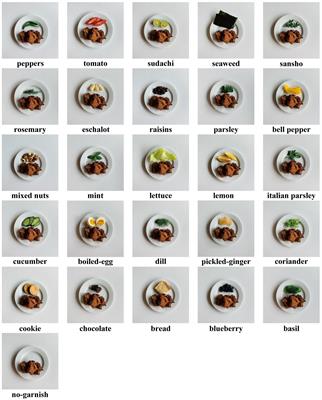
PERSPECTIVE
Published on 05 Aug 2021
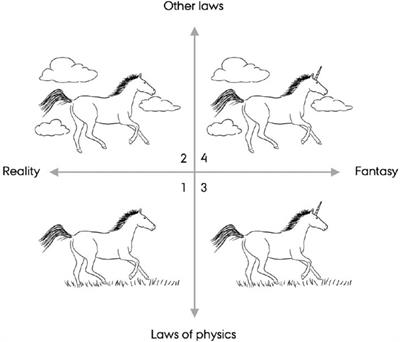
BRIEF RESEARCH REPORT
Published on 20 Jul 2021

ORIGINAL RESEARCH
Published on 05 May 2021
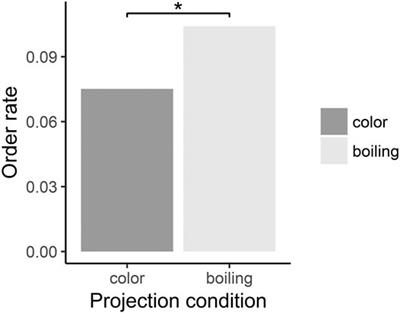
REVIEW
Published on 15 Apr 2021
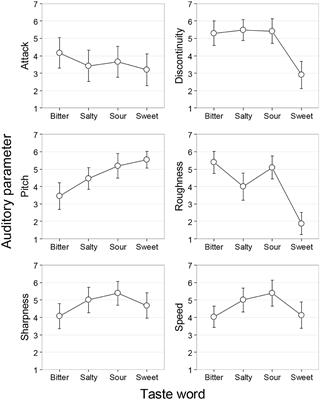
REVIEW
Published on 06 Apr 2021

PERSPECTIVE
Published on 25 Mar 2021
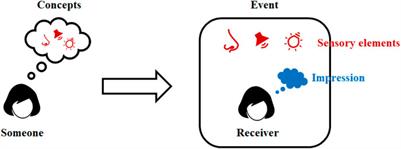
ORIGINAL RESEARCH
Published on 18 Mar 2021

REVIEW
Published on 02 Mar 2021

ORIGINAL RESEARCH
Published on 03 Dec 2020
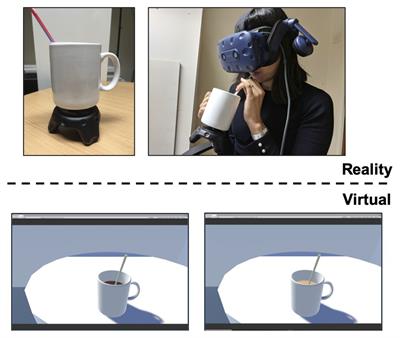

Frontiers in Psychology
Human-Media InteractionOffline